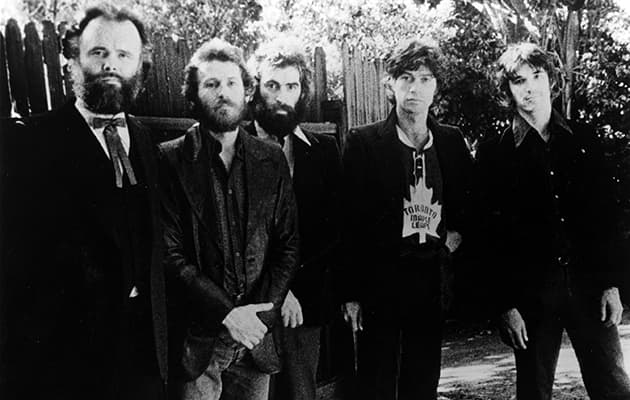
A Rollicking Lament for Time Slipping Through Our Fingers – A Song of Life’s Messy Leftovers and the Hours We Can’t Reclaim
When Bob Dylan and The Band unleashed Odds and Ends as the opening track on The Basement Tapes in June 1975, it didn’t storm the singles charts—those days were reserved for polished hits like You Ain’t Goin’ Nowhere, which peaked at No. 81 as a later Band single. Instead, this rough-hewn gem led off an album that hit No. 7 on the Billboard 200, a collection of raw, rediscovered tapes from 1967 that sold over half a million copies and earned gold status. Penned by Dylan and laid down with The Band—Robbie Robertson, Rick Danko, Richard Manuel, Garth Hudson, and eventually Levon Helm—it was a snapshot of their legendary basement sessions in West Saugerties, New York. For those of us who first heard it crackling through a stereo in the mid-’70s, it was a gritty hello from a time when music felt like a secret handshake, a dispatch from a summer when Dylan, fresh off a motorcycle crash, traded the spotlight for a cellar full of friends and tape reels.
The story of Odds and Ends is woven into the myth of those Big Pink days. After Dylan’s 1966 wreck—real or rumored—left him sidelined from the road, he holed up in Woodstock, and The Band, then still the Hawks, followed. In the basement of a house painted pink, they jammed through covers and originals, a freewheeling mess of blues, folk, and rock ‘n’ roll. Odds and Ends, with its 12-bar strut and Dylan’s half-spoken drawl, was one of the first originals to spill out, captured on Garth Hudson’s reel-to-reel in that humid ’67 haze. It wasn’t polished—Robertson’s guitar rips like a barroom brawl, Danko’s bass thumps like a heartbeat—but it wasn’t meant to be. These were songs for the room, not the radio, until bootlegs spread them wide and Columbia finally gave us The Basement Tapes, overdubs and all. Later, the unvarnished take surfaced on The Bootleg Series Vol. 11: The Basement Tapes Complete in 2014, reminding us how pure it once was.
At its core, Odds and Ends is a shrug at life’s clutter—a lover’s broken promises, a spilled drink, and the nagging truth that “lost time is not found again.” Dylan’s lyrics tumble out like a man sifting through a junk drawer: “You promised to love me, but what do I see? / Just you comin’ and spillin’ juice over me.” It’s funny, it’s fed-up, it’s a little bit profound—time slips away while we’re stuck with the scraps. For those of us who were young in the ’60s or ’70s, it’s a memory of days when plans went sideways—missed buses, late-night fights, the girl who didn’t call back—yet somehow the music kept playing. There’s a kid-like chaos here, maybe a nod to the toddlers toddling around Woodstock, juice cups in hand, but it’s also Dylan shaking off the weight of being a prophet, just kicking around with the boys.
For older ears, Odds and Ends is a dusty road back to when albums were events, when you’d drop the needle and let the whole side play. It’s the smell of basement mildew, the glow of a tube amp, the laughter of friends who’d rather riff than rehearse. Back then, Dylan was our riddle-maker, The Band our barstool philosophers, and this song was their sloppy, joyous mess—a reminder of summers that felt endless until they weren’t. It’s not about answers; it’s about the racket of living, the odds and ends we collect, and the time we can’t rewind. As the years pile up, it still kicks up dust—a little piece of ’67 that hums in our bones, rough and ready as ever.